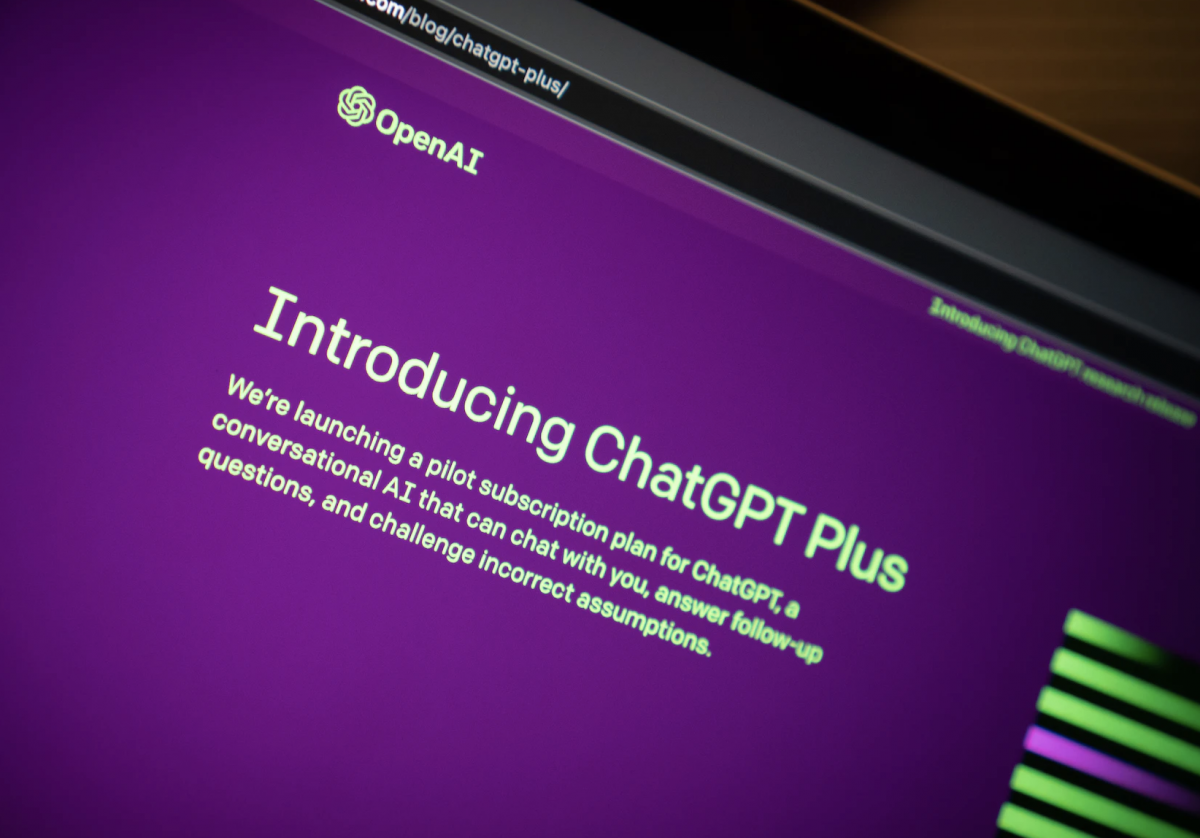“‘Stink for a dime’ is an idiom that means to be extremely bad, unpleasant, or worthless. It’s often used to describe something that is so poor in quality or value that it’s not even worth the low cost of a dime.”
Who among us has not fallen back on that popular saying, “stink for a dime”? It comes in handy now and then, right? What? You’ve never heard anyone say that? Well … okay, you got me. No one ever says that. My friend and former Flyer colleague Chris Davis made it up, along with several other original “idioms,” including “A toenail is better,” “Too foggy to fart,” and “All nines and 14s.”
Davis decided to challenge Google’s AI capabilities by typing random phrases in the search bar and asking what they meant. Like an unprepared seventh-grader called out in class by his teacher, Google’s AI just started, well, making up total crap.
Take AI’s response to another of Davis’ invented idioms — “All nines and 14s” — which according to Google’s AI, is “a common expression used to describe a situation where all the digits or a percentage are either 9 or 14. It’s most commonly used in the context of high availability and reliability.” What? A toenail is better!
Imagine relying on this resource to do research or to write a term paper. Unfortunately, it’s being done all the time. Recently, I had a conversation with an Ole Miss professor who told me it’s an endemic practice among students, most of whom soon find out that their professors are easily able to catch them at it. There’s too much “AI slop.”
What’s AI slop? Funny you should ask. I typed that phrase into Google’s search bar and got this: “AI slop is essentially mass-produced, low-quality content that floods online spaces like social media, blogs, and search results. It often lacks substance, is generic or repetitive, and may not be harmful but is of little value. In essence, ‘AI slop’ highlights the potential downsides of relying on AI for content creation, particularly when speed and quantity are prioritized over quality and purpose.” In other words, it’s too foggy to fart.
Even so, it’s projected that $644 billion will be spent globally in 2025 to further develop artificial intelligence technologies. Companies such Meta, Amazon, Alphabet, Microsoft, Google, and xAI are in a frantic race to build and expand AI data centers and infrastructure. Here in Memphis, Elon Musk’s Colossus AI development is using unpermitted gas turbines with little to no pushback from local authorities. And it’s not just in Memphis. Similar construction projects from other AI developers are stressing water resources and power grids all around the planet.
So what is the ultimate prize in this expensive and environmentally destructive contest? Why are companies spending such enormous amounts of money on AI development? AI systems are designed to analyze data, identify patterns, and automate processes, the aim being to create intelligence that can adapt and learn from its environment, much like humans. But where’s the profit going to come from? None of these companies are developing AI for altruistic reasons.
As AI currently exists, it can automate certain tasks and processes and automate customer service (whether the latter is “progress” is debatable), manage inventory, and even drive vehicles. Google says AI has also been useful in the fields of medicine, engineering, and materials science. But costs still far outweigh profits for AI developers.
Some analysts say the big payoff could potentially come from AGI (artificial general intelligence), a still-hypothetical evolution of AI that would have human-level cognitive abilities, allowing it to solve problems in a wide range of domains without specific training and adapt to new situations and contexts — presumably without making up crap, which is what happens now when AI encounters a problem for which it hasn’t been “trained.”
Musk calls his xAI chatbot “Grok,” a term coined by Robert Heinlein in his 1961 novel, Stranger in a Strange Land. It’s from a mythical Martian language and means to “empathize or communicate sympathetically.” Which is ironic, since Musk recently said that “the fundamental weakness of Western civilization is empathy,” while likening Social Security to a “Ponzi scheme.” That’s also a term some critics have used to describe the burgeoning investments in AI. If you ask me, it all sounds like it might stink for a dime.












